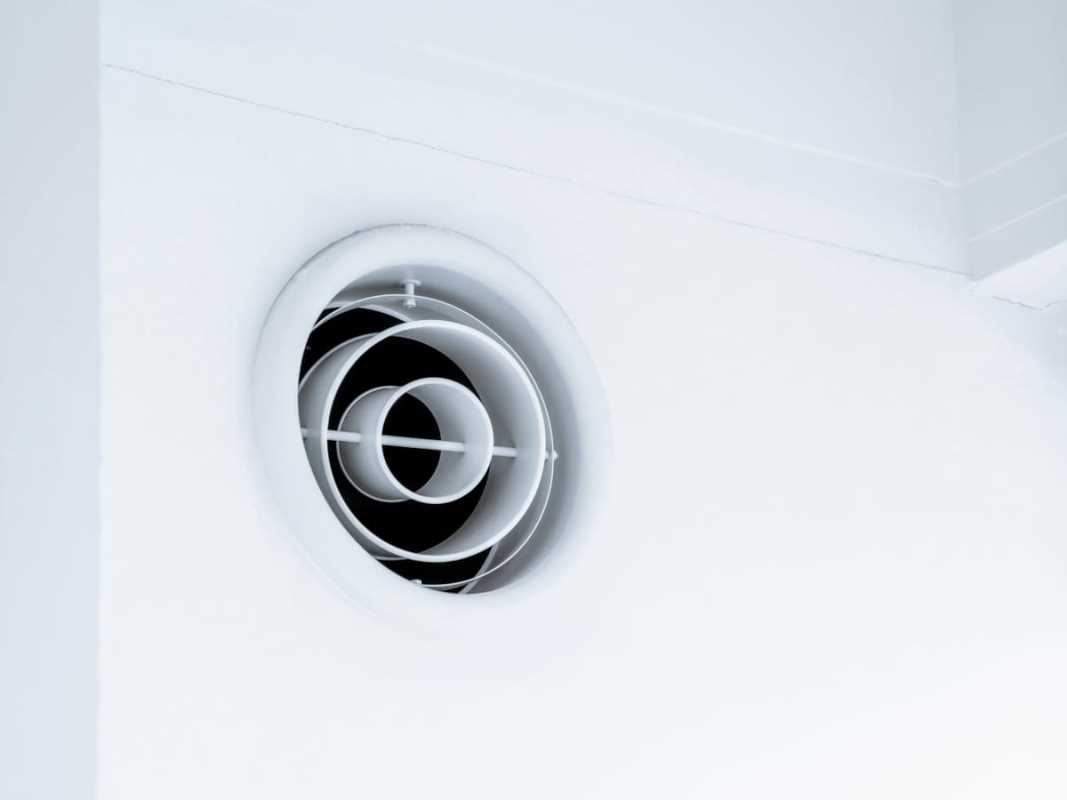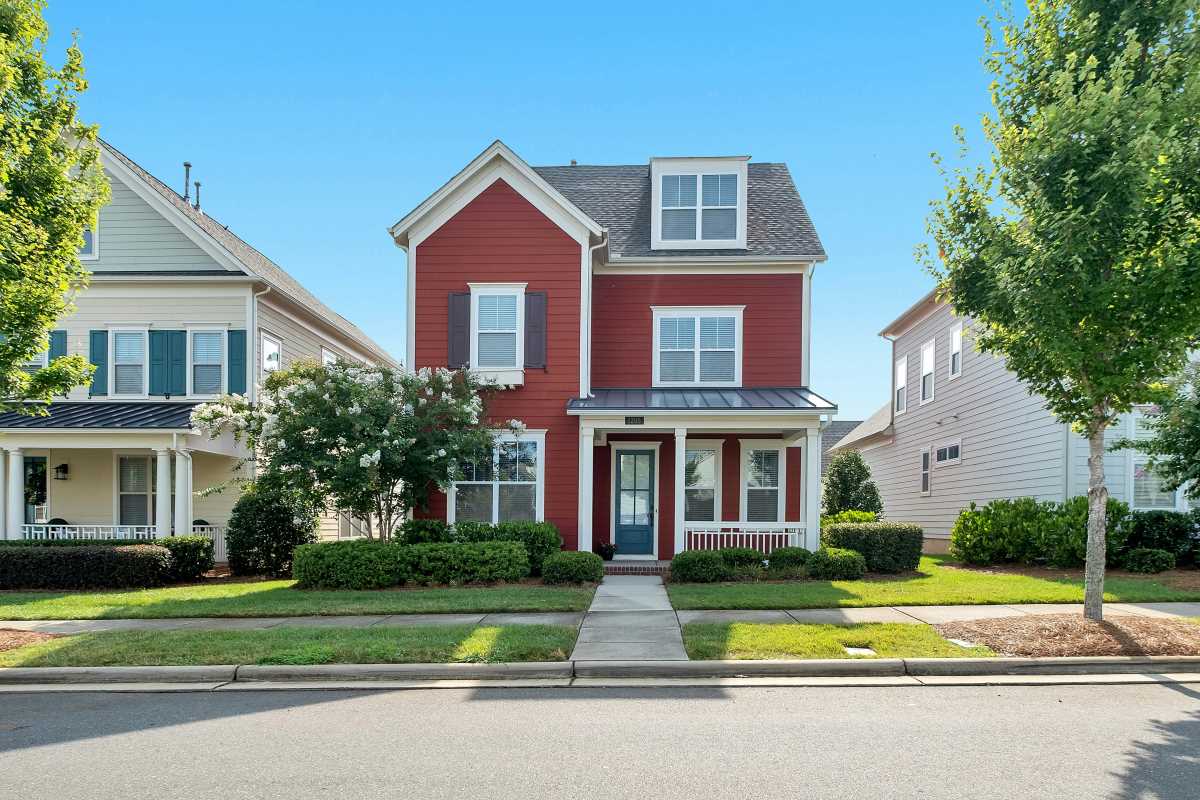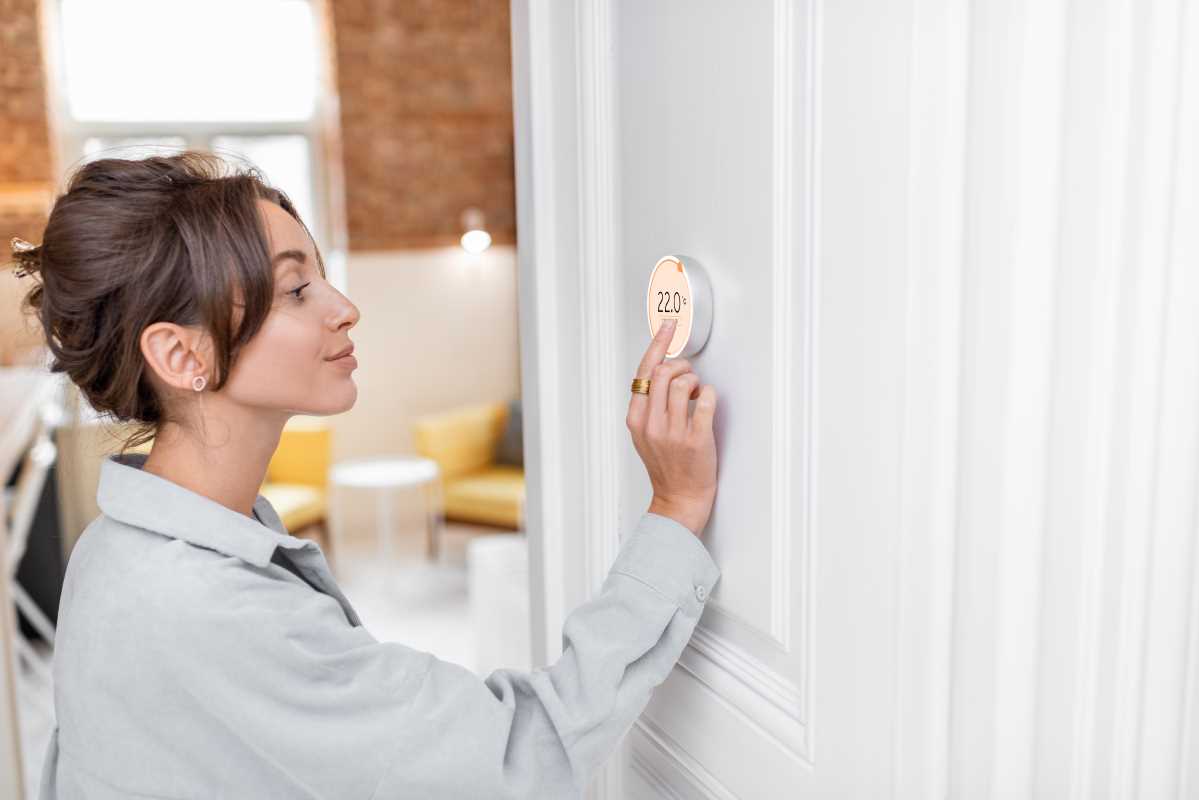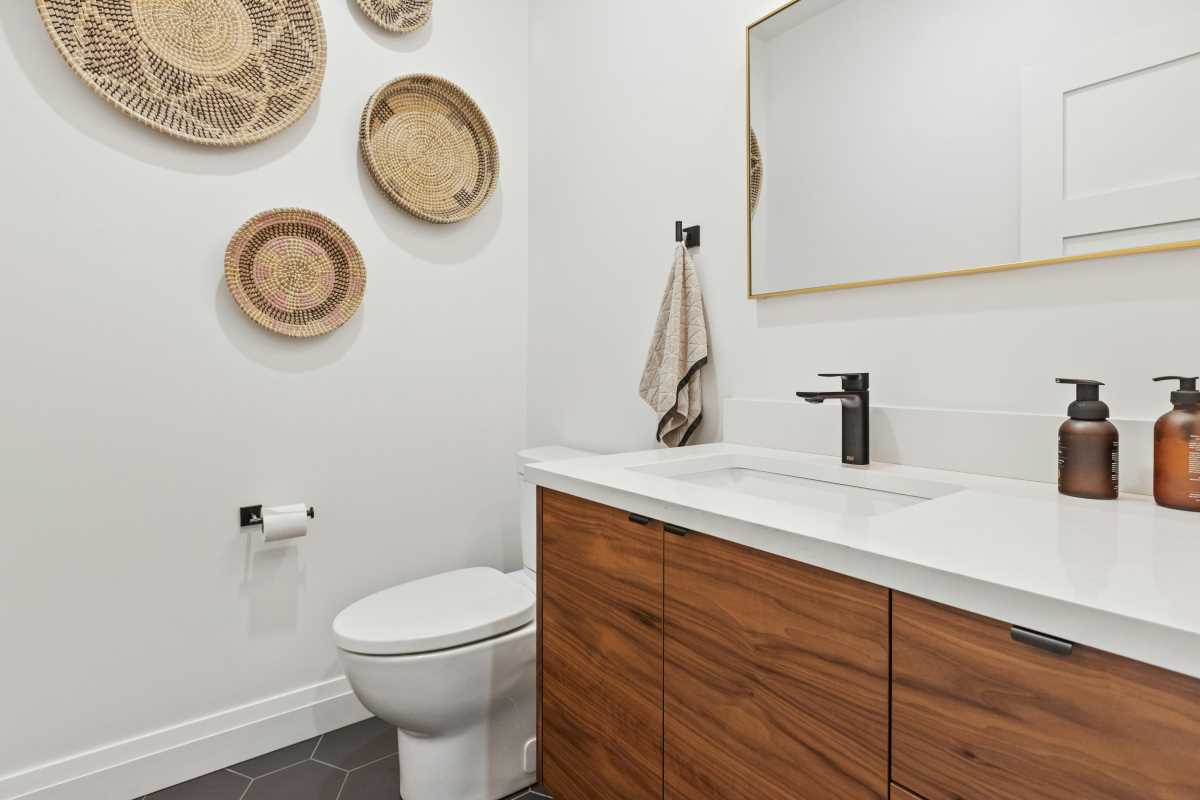Efficient HVAC systems play a key role in reducing energy consumption and lowering utility bills. With advancements in technology, modern HVAC systems are designed to intelligently regulate indoor climates while ensuring optimal energy usage. By investing in smarter systems, homeowners can enjoy enhanced comfort and significant savings. This post explores the features and benefits of some of the most innovative HVAC systems that are revolutionizing energy management.
Maximizing Efficiency with Zoned HVAC Systems
Zoned HVAC systems are designed to address the varying heating and cooling needs within different areas of a home. Through the use of dampers installed within ductwork, these systems direct air to specific zones, allowing for targeted climate control rather than relying on a one-size-fits-all approach.
One of the major advantages of zoned systems is the ability to customize temperature settings based on the unique requirements of each space. For instance, bedrooms may require cooler temperatures compared to living rooms during the night. By focusing energy where it’s needed most, zoned systems eliminate unnecessary heating or cooling, resulting in reduced energy consumption.
Smart thermostats integrated with zoned systems further enhance efficiency. These devices allow homeowners to program schedules, monitor energy usage, and adjust settings remotely. Many smart thermostats even use artificial intelligence to learn usage patterns and optimize performance.
By minimizing energy loss in unused areas, zoned systems provide a cost-effective solution for managing utility bills. Additionally, homeowners can enjoy better overall comfort, as each area within the home remains at an ideal temperature.
For larger homes or multi-story properties, zoned systems are particularly valuable, adding convenience and savings while promoting a more sustainable and energy-conscious lifestyle.
Harnessing Renewable Energy with Geothermal HVAC
Geothermal HVAC systems represent a forward-thinking solution by utilizing the Earth’s natural energy to heat and cool spaces. These systems rely on underground loops filled with fluid that transfer thermal energy between the home and the ground, enabling efficient temperature regulation year-round.
One of the standout advantages of geothermal systems is their unparalleled energy efficiency. By drawing heat from the ground in the winter and depositing it during the summer, these systems achieve impressive energy savings compared to conventional HVAC units. Estimates suggest they can reduce energy consumption by up to 50%.
The longevity of geothermal systems also makes them a viable long-term investment. The underground components often last several decades, while the indoor heat pump has an average lifespan exceeding traditional HVAC systems. Despite a higher upfront cost, the significant reduction in energy bills and minimal maintenance often result in substantial cost recovery over time.
These systems are also environmentally friendly, emitting few greenhouse gases compared to fossil-fuel-based alternatives. Many homeowners who adopt geothermal HVAC solutions are drawn by their commitment to sustainability and reduced carbon footprints.
Geothermal systems are resilient in extreme climates, delivering consistent results even during severe winters or scorching summers, making them a reliable, energy-conscious choice for increasingly variable weather patterns.
Improving Control with Smart HVAC Systems
Smart HVAC systems are at the forefront of tech-driven energy management solutions. These systems incorporate advanced interfaces, sensors, and app-based controls that allow users to interact with their heating and cooling units like never before.
Wi-Fi-enabled smart thermostats are central to these setups, connecting homeowners to real-time data on energy usage and operational efficiency. Through smartphone apps, users can adjust temperatures, program settings, or receive maintenance alerts, even when they’re not at home.
The integration of occupancy sensors enables smart systems to detect whether rooms are in use and adjust settings accordingly. This prevents unnecessary energy consumption in unoccupied areas and focuses resources where they’re most needed.
Many systems employ predictive algorithms to optimize energy efficiency. By analyzing weather forecasts, seasonal patterns, and user habits, smart HVAC systems proactively adjust to maintain performance while keeping operational costs low.
Smart HVAC systems also promote sustainability through better energy consumption visibility. By accessing in-depth reports and suggestions for enhanced efficiency, users can make well-informed adjustments that align with their energy-saving goals.
Ultimately, these systems elevate the home’s automation features, not only boosting convenience but also contributing significantly to reduced energy expenditures and environmental impact.
Reducing Waste with Ductless Mini-Split Systems
Ductless mini-split systems provide an energy-efficient alternative to traditional HVAC solutions by eliminating the need for ductwork. These systems consist of an indoor air-handling unit and an outdoor compressor, connected via refrigerant lines to deliver targeted heating and cooling.
One of the primary benefits of ductless systems is their high energy efficiency. Unlike ducted systems that can lose 20-30% of energy to leaks, mini-splits deliver conditioned air directly to the desired space, reducing waste significantly.
These systems offer remarkable flexibility and scalability. Homeowners can install units in individual rooms or zones, providing tailored comfort without overburdening the entire HVAC system. Many configurations also support simultaneous heating and cooling for different zones, enhancing usability.
Advanced energy-saving technologies, such as inverter-driven compressors, allow mini-splits to adjust power output based on temperature demands. This eliminates the stop-start cycles associated with traditional systems, further lowering energy consumption.
Ductless systems are particularly advantageous in homes undergoing renovations or additions. Their compact design and easy installation bypass the need for complex ductwork, saving both time and money while improving efficiency.
By integrating ductless mini splits with smart controls, homeowners can manage settings from their devices for even greater control over energy usage.
Enhancing Overall Performance with Hybrid HVAC Systems
Hybrid HVAC systems combine two energy sources, typically a heat pump and a gas furnace, to optimize heating and cooling efficiency. These systems intelligently switch between the electricity-driven heat pump and the gas furnace, depending on outdoor conditions and energy usage needs.
During moderate temperatures, the system prioritizes the heat pump, which consumes less energy compared to fossil-fuel alternatives. When temperatures drop significantly, the gas furnace takes over for consistent and efficient heating. This ensures comfort without overburdening energy budgets.
Hybrid systems are equipped with advanced sensors that monitor energy prices and consumption trends. This feature allows homeowners to capitalize on cost savings by using the most efficient energy source at any given time.
By combining renewable energy components, such as solar panels, with hybrid HVAC systems, users can achieve even greater efficiency and sustainability. This dual approach also reduces dependency on any single energy source, contributing to more secure and predictable utility expenses.
The adaptability of hybrid systems makes them suitable for various climates and home styles. For regions with fluctuating weather conditions, these systems strike an ideal balance between performance and energy conservation.







